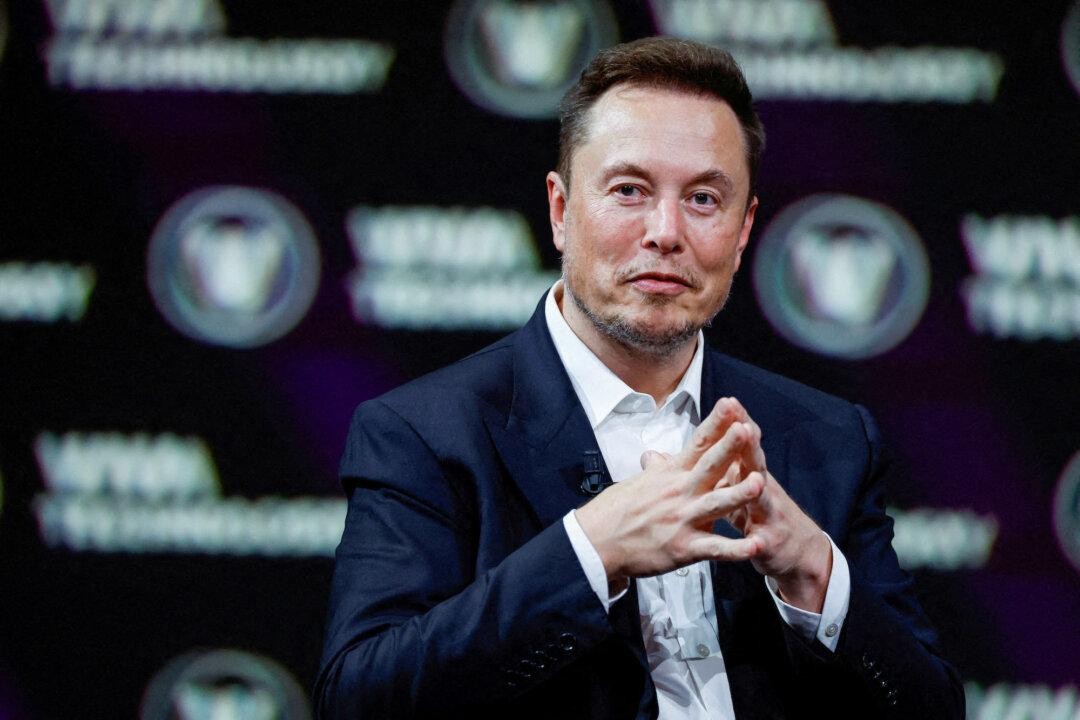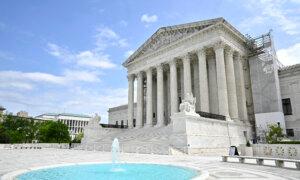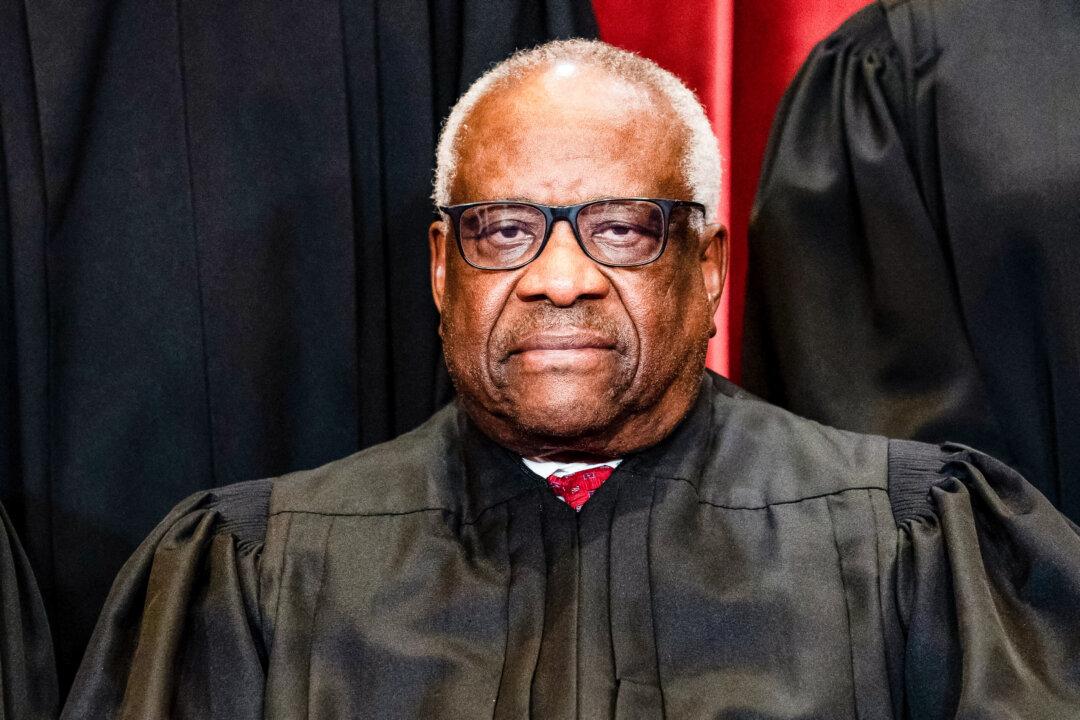The Supreme Court on April 29 turned away billionaire entrepreneur Elon Musk’s attempt to contest a deal he reached with the U.S. Securities and Exchange Commission (SEC) that required a legal monitor to review his social media posts.
Mr. Musk claimed in court papers that the SEC has been engaged in an “ongoing campaign” against him.
Mr. Musk, CEO of Tesla and SpaceX and owner of social media platform X, formerly Twitter, alleged that the agency illegally imposed what has been called the “Twitter sitter” provision.
The federal agency went after Mr. Musk after he posted on Twitter in 2018 and said he had gotten his hands on enough funds to take Tesla private at the price of $420 per share. His unexpected claim sent Tesla shares soaring, but the agency said the posts violated securities law because they were “materially false and misleading.”
Mr. Musk settled a civil action the agency brought, which contained the social media monitoring agreement. Separately, last year, a jury found that he was not liable for misleading prospective investors.
Mr. Musk now claims that the restrictions on his free speech violate the First Amendment and that he was coerced into the agreement.
The monitoring provision “restricts Mr. Musk’s speech even when truthful and accurate,” his lawyers said in court papers.
“It extends to speech not covered by the securities laws and with no relation to the conduct underlying the SEC’s civil action against Mr. Musk.”
The provision required Mr. Musk “to agree to a sweeping prior restraint on his speech: he must obtain explicit ‘preapproval’ before engaging in ‘written communication’ on a wide range of subjects,” they said.
His lawyers argued that this constituted a restraint in violation of the unconstitutional conditions doctrine, which holds that the government may not penalize an individual for exercising a constitutional right. Specifically, the government may not impose conditions on the availability of a government benefit on an individual’s agreement to give up the exercise of such a right.
The SEC argued that Mr. Musk waived his right to dispute the provisions when he signed the settlement.
The U.S. Court of Appeals for the Second Circuit sided with the SEC, finding that he could not bring his challenge because he had already acquiesced to the agency’s demands.
“We see no evidence to support Musk’s contention that the SEC has used the consent decree to conduct bad-faith, harassing investigations of his protected speech,” a three-judge panel of the circuit court ruled.
“Had Musk wished to preserve his right to tweet without even limited internal oversight concerning certain Tesla-related topics, he had ‘the right to litigate and defend against the [SEC’s] charges’ or to negotiate a different agreement—but he chose not to do so.”
But Mr. Musk stated in his petition, “[The lower court’s holding] squarely conflicts with this Court’s unconstitutional conditions jurisprudence, and it vests administrative agencies with intolerable power to coerce private parties into relinquishing their constitutional rights.
“This Court should grant review to clarify the proper scope of the unconstitutional conditions doctrine and to prevent such egregious agency overreach.”
The circuit court concluded that Mr. Musk had to either skip settling with the SEC or give up his right to challenge the constitutionality of the SEC’s demands.
This kind of result cannot be squared with the Supreme Court’s 2013 ruling in Koontz v. St. John’s River Water Management District on unconstitutional conditions, which “forbids burdening the Constitution’s enumerated rights by coercively withholding benefits from those who exercise them,” the petition stated.
The government “may not deny a benefit to a person on a basis that infringes his constitutionally protected interests—especially, his interest in freedom of speech,” the petition stated, citing Perry v. Sindermann (1972).
Mr. Musk said in his petition that he sought to repudiate the monitoring provision after the SEC demanded that he “refrain indefinitely from making any public statements on a wide range of topics unless he first received approval from a securities lawyer.”
Months later, the SEC tried to hold Mr. Musk in contempt of court for allegedly failing to obtain preapproval for a post on Twitter.
“In effect, the SEC sought contempt sanctions—up to and including imprisonment—for Mr. Musk’s exercise of his First Amendment rights. The preapproval provision ... is a quintessential prior restraint that the law forbids,” the petition reads.
“And it chills Mr. Musk’s speech through the never-ending threat of contempt, fines, or even imprisonment for otherwise protected speech if not pre-approved to the SEC’s or a court’s satisfaction.”







